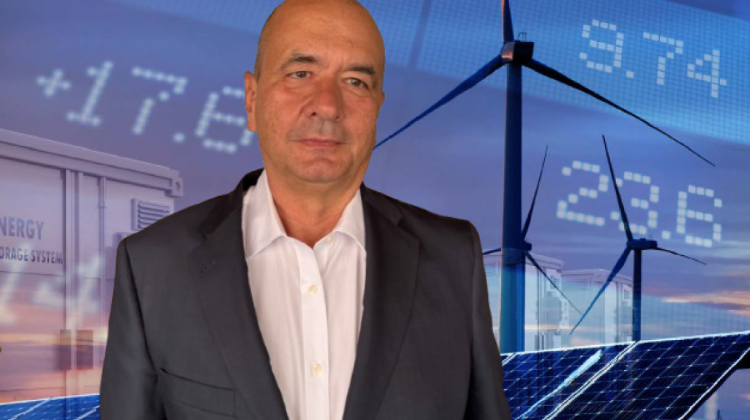North Sea OFW One GmbH, representing the energy multinational TotalEnergies, has secured a 1,000 MW offshore wind development in area N-9.4 of the North Sea, following the BK6-25-007 tender launched by Germany’s Federal Network Agency (Bundesnetzagentur). The awarded site has not undergone any government-led pre-investigations and was allocated without public subsidies.
The tender featured a first phase where multiple bidders submitted zero-cent bids per kilowatt-hour, thereby waiving any entitlement to regulated remuneration. In the second stage, bidders competed based on the price they were willing to pay for the development rights. In this context, North Sea OFW One GmbH – representing TotalEnergies – submitted the highest bid at €180,000 per megawatt, amounting to a total of €180 million for the full capacity.
This “negative bidding” model has raised concerns across the sector regarding the financial feasibility of projects under such terms. With no guaranteed revenue streams and high upfront payments, developers are expected to pass these costs through to consumers via power purchase agreements (PPAs), potentially resulting in higher end-user prices.
Further complicating the scenario is the anticipated grid connection timeline, optimistically set for late 2032. Industry stakeholders point out that planning at such a long horizon introduces significant uncertainty, particularly amid fast-evolving regulatory, technological, and market conditions.
Additionally, the tender imposes a requirement to overinstall capacity to optimise grid connection usage. While technically sound in principle, this requirement may lead to additional capital and operational costs, which would also affect the final project economics.
The lack of pre-survey data for site N-9.4 presents another critical challenge. Without state-led environmental or geotechnical assessments, all resource evaluation and risk analysis must be borne entirely by the developer. This is especially relevant given concerns over wake effects, which can significantly reduce turbine performance and thus project profitability.
In summary, the award to TotalEnergies illustrates the current trajectory of Germany’s offshore wind strategy—marked by full risk transfer to private developers. Industry voices are increasingly advocating for a reassessment of auction models and for the implementation of Contracts for Difference (CfDs) to de-risk projects, ease financing, and ensure long-term price competitiveness.






























